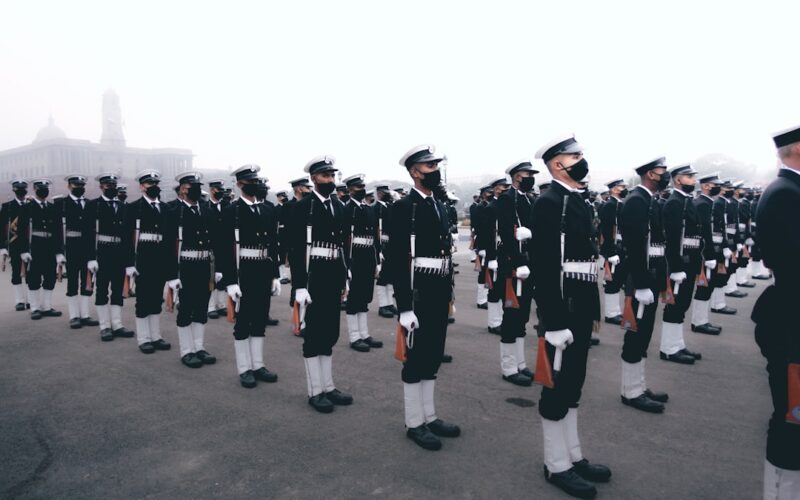In a dramatic escalation of its two-year campaign against Hamas, Israel launched airstrikes on the Qatari capital, Doha, on September 9, targeting senior Hamas leaders and killing five of their members along with a Qatari security official. This marked the first time Israel has attacked Qatar—a close U.S. ally and longtime mediator between Israel and Hamas—sending shockwaves through the region and drawing unanimous condemnation from the United Nations Security Council.
The move signals a new phase in Israel’s hunt for Hamas leaders following the October 7, 2023 attacks in southern Israel that left the country reeling. IDF Chief of Staff Eyal Zamir had openly vowed on August 31 to pursue Hamas leadership abroad: “Most of Hamas’s leadership is abroad, and we will reach them as well.” With the Doha strike, Israel has now hit six Middle Eastern countries since 2023: Palestine (Gaza), Lebanon, Syria, Yemen, Iran, and now Qatar.
Regional Fallout and Diplomatic Shockwaves
The Israeli strike came just hours after Foreign Minister Gideon Saar claimed Israel had accepted a U.S.-brokered proposal for hostage and prisoner exchanges alongside a ceasefire. However, the attack did not kill the top Hamas leadership as intended—and instead set off a diplomatic firestorm. Qatar’s Prime Minister Sheikh Mohammed denounced Israel during an emergency gathering of Arab and Muslim foreign ministers in Doha over the weekend. The summit aims to forge a unified regional response to what many see as an alarming precedent: attacking a U.S.-allied mediator state.
Arab states—including Saudi Arabia, Kuwait, and the UAE—have signaled they might leverage their vast sovereign wealth funds and economic ties to pressure Israel. As discussions continue ahead of Monday’s full-scale Arab-Islamic summit in Doha, many are watching for potential new trade restrictions or other forms of collective retaliation.
Turkey on Edge as Next Possible Target
The strike has also stoked anxiety in Turkey, where officials fear they could be next if Israel pursues exiled Hamas operatives on Turkish soil. Turkish Defense Ministry spokesman Rear Adm. Zeki Akturk warned that further “reckless attacks” by Israel could drag the entire region into disaster. While an open Israeli airstrike against NATO member Turkey is considered highly unlikely due to its military clout—the second largest armed force in NATO after the U.S.—analysts caution that covert attacks are not out of the question.
Israel-Turkey relations have been strained for over a decade, reaching new lows amid the ongoing Gaza war. Now both Ankara and regional experts are bracing for what could be an even more dangerous turn if Tel Aviv chooses to extend its reach further.
For now, all eyes remain fixed on Doha as Arab leaders debate their next steps—and as Israel signals it will stop at nothing to find its adversaries wherever they may hide.










